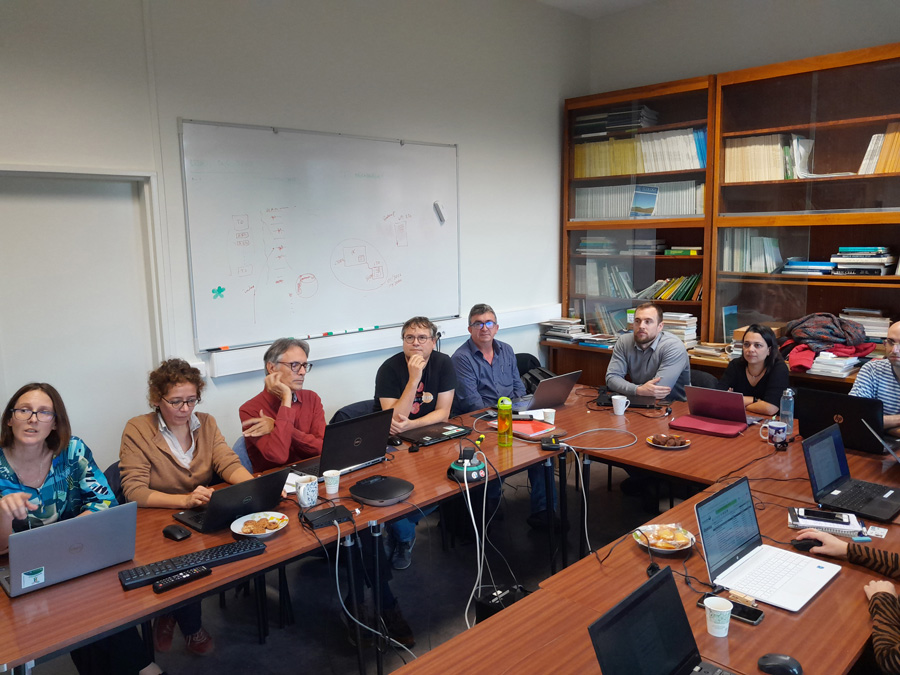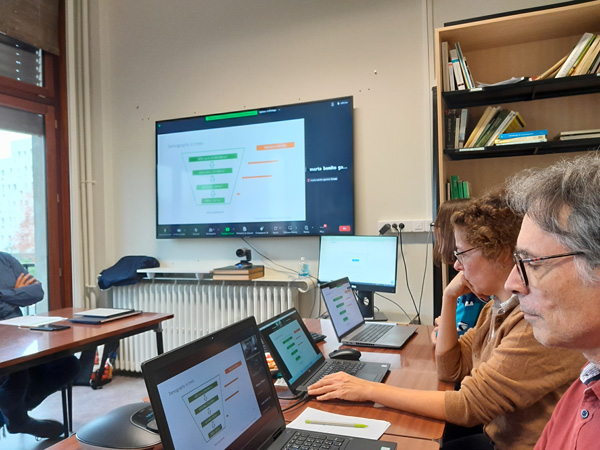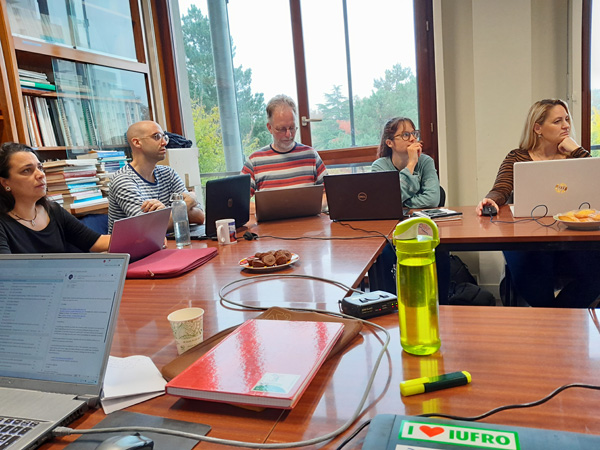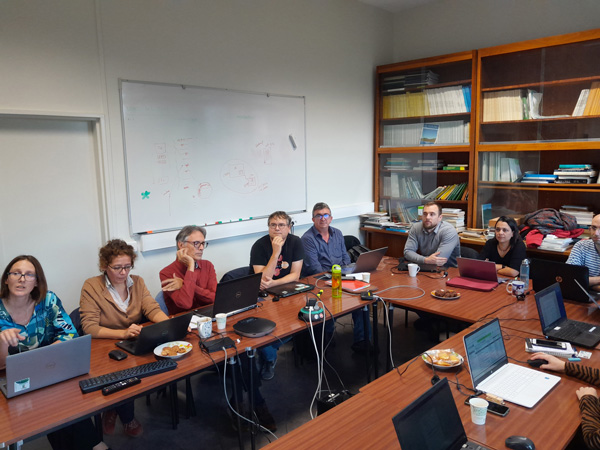The cornerstone of the EU's green policies is reforestation. Thus, planting 3 billion more trees in the EU by 2030 is the goal of the new EU Forest Strategy 2030, which is a component of the Biodiversity Strategy and the European Green Deal. However, planting trees is not enough to achieve successful reforestation; a comprehensive understanding of how climate change disturbances affect the regeneration of Europe's forests is desperately needed. Defining forest restoration targets that include regeneration is therefore a crucial and pressing challenge.
Addressing this challenge and thinking long-term about what forests we want for the future, three European projects (OptFORESTS, SUPERB and WildE) jointly organised the FOREGEN Workshop in November to address whether natural regeneration will be effective in the future for forest restoration activities.
The recovery of forest ecosystems after a disturbance is a complex process that can range from complete resilience to full ecosystem transition. Forest regeneration following disturbance changes forest composition and structure, with long-term ramifications for biodiversity and ecosystem services. The ecological processes that promote forest regeneration following disturbance include tree recruitment from reproduction to establishment, and their assessment and prediction require an integrated understanding of the underlying biological systems.
During the workshop, the organisers and participants focused on degraded areas, as a consequence of climate change and where restoration is needed, and discussed the following 3 focal points:
- The identification of forest restoration goals considering ecological (ecological services, functional and genetic diversity, productivity, selection of adapted forest reproductive material, etc.), economic (timber and paper production), social and political (stakeholders and governmental agreements) aspects.
- The effectiveness of regeneration in meeting our restoration goals by assessing the pros/cons/constraints/limitations of tree regeneration in the context of climate change.
- The potential of planting versus regeneration (managed and unmanaged) strategies to meet proposed forest restoration goals.
The three discussions included presentations by members of the organising committee representing OptFORESTS, SUPERB and WildE that fostered the exchange of knowledge, views and approaches on the topics of discussion.
This workshop was an opportunity to strengthen collaboration between European projects and to share scientific results and recommendations, which will be communicated in an opinion paper on forest regeneration under climate change-related disturbances as the main outcome of this FOREGEN workshop.



